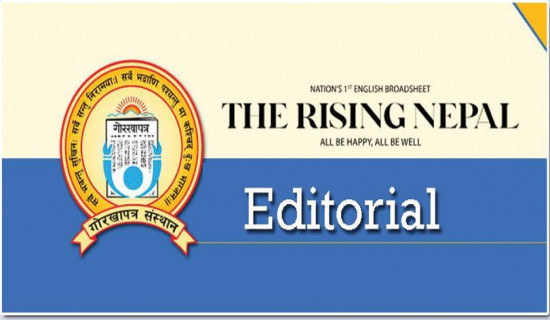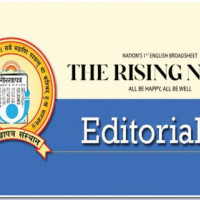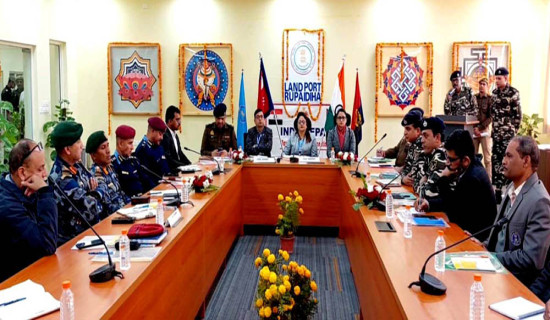- Wednesday, 15 January 2025
Provincial Functioning
With the creation of seven provinces on Sept. 20, 2015, and elections for the provincial assemblies (PAs) on Nov. 26 and Dec. 7, 2017, the PAs were created on Feb. 4, 2018. Six years into their formation, there are accusations that provincial governments have failed to live up to the expectations of the people. There are three main reasons hamstringing the federal functioning.
The first is legal. Several provinces have failed to get crucial legislations and policy frameworks needed to properly run a government enacted, making them overly reliant on the federal government even to execute small tasks. This has been a drag on the governments' performance. The Federal Police Act, for example, which is critical to recruit and deploy police personnel as well as to govern police functions, remains stuck in limbo due to disagreements over the authority. The discord between federal and provincial governments on matters such as formulating laws, staffing, fiscal transfers, project selection and implementation, among others, continue to stand in the way of the governance.
The second is political. Because of the lack of outright majority of a single political party, provincial governments are having to form a coalition government, which is itself a weak form of government because of its ineffectiveness in bringing disagreeing factions or parties on board to inject a dose of momentum to major policies and projects and get them done. This has also prevented the governments from taking bold step to get through the bottlenecks holding provinces back.
Koshi province witnessed six chief ministers in the past six years while Bagmati had four CMs over that period. Political parties at the centre have turned the province into a playground to play their power game. When there is quick change of governments, development works suffer. Only a few or no projects in progress is a recipe for mass unemployment, widespread discontent and youth exodus. Such dirty exercises only weaken the spirit of federalism.
The third factor is economic. Even years after the adoption of federalism, the country hasn't been able to liberate itself from the chronic problem of low capital expenditure, which has remained below 10 per cent of the earmarked budget. The problem has now percolated into provincial governments as well. Low capital expenditure starves the market of the money needed to fuel economic growth and bring prosperity.
Provinces are the bedrock of federalism. In order to strengthen it, it is imperative to bolster the provincial governments as well as their coordination with the federal government. The performance of local governments is the barometer of their performance. Through federalism, the country aims to build an egalitarian, inclusive society where rights and opportunities are granted to everyone regardless of their social, economic or religious status. But, disenchanted by the failure to delivery on the promises, anti-federalism forces have been raising their ugly heads time and again.
As the country navigates its journey into federalism, it is grappling with challenges. But what matters the most is to get going with determination, for its ideals are worth pursuing. Enough political will and effective coordination and cooperation between federal, provincial and local governments in the spirit of the constitution is the need of the hour to make the provinces functional and drive the federal system towards realising the constitutional ideals.









-original-thumb.jpg)







